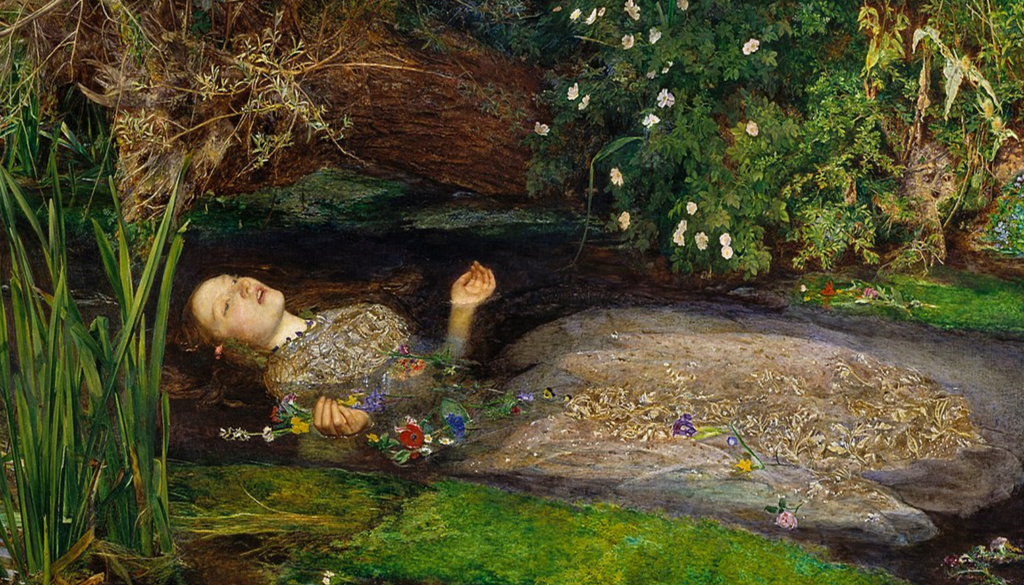A Journey Through Change
After recovering from my back issues, I began to appreciate my garden and the surrounding area more than ever. Our home was quaint, with wooden beams in the lounge and a small, narrow garden at the back. Wild grapes thrived along the archway into the garden, and a goldfish pond provided interest for our cat. Some plants flourished beyond expectation—artichokes and squash grew to almost twice their normal size, defying the limits of our modest space.
During this time, both Gerard and I worked at the Rothamsted branch of the research and licensing company in Harpenden, Hertfordshire. Later on, in addition, I transitioned into teaching violin and piano lessons privately, mostly to children from middle to upper-class families. In total, I taught just over a dozen students who took their ABRSM exams every year just as I did. Teaching music was more than just helping students play notes—it required them to truly listen (Prov 1:5), both to the music and to their instructor. Take, for example, a young boy who arrived at my house to begin lessons with his violin, fully convinced of his extraordinary talent. Unfortunately, not only was he tone-deaf, but his overconfidence made him completely unteachable. I was there to guide them toward success, and, in the end, all my students passed their ABRSM exams. Remarkably, two-thirds of them even achieved Distinction.
Looking back, I realize I was naturally following in the footsteps of my own dedicated music teachers. The ABRSM grading system was clear, offering a transparent path to passing, merit, or distinction. As long as a student was willing to learn, and listen to my guidance, excellence was entirely within reach.
But while music was thriving in my life, other areas were unraveling. Gerard and the company manager had clashed several times over the years, but one particular dispute proved costly. The manager, feeling threatened, fabricated a reason to fire Gerard. Despite numerous attempts to secure a job locally and even overseas, nothing materialized. The only real opportunity was in Gainesville, Florida—his former city. But moving across the world was a step I just couldn’t face. So, we separated.



Preparing to sell the house was another challenge. We hired someone to completely refurbish it, making it marketable. When the work was done, I hardly recognized it. All the charm had been stripped away, leaving behind a lifeless shell of what had once been our home. While the renovations were underway, I rented a farmhouse in Norfolk, planning to settle in my home county after the sale, while Gerard remained in Florida.
 During this transition, I poured myself into a new business—building a children’s book publishing agency. With the help of a talented team of writers, we published Inverse Fairytales (a collection of poetry) and Fairy Princess Raena: Lost in the Great Storm (about a fairy who is kidnapped and has to find her way home). At the time, I was proud of these accomplishments. But now, looking back, I feel a twinge of regret. Fairy tales, though enchanting, often reflect pagan themes or ideas that conflict with Christian beliefs (Acts 19:19; 24:16; 1 Cor 10:21). If I had the chance today, I wouldn’t choose to promote those stories.
During this transition, I poured myself into a new business—building a children’s book publishing agency. With the help of a talented team of writers, we published Inverse Fairytales (a collection of poetry) and Fairy Princess Raena: Lost in the Great Storm (about a fairy who is kidnapped and has to find her way home). At the time, I was proud of these accomplishments. But now, looking back, I feel a twinge of regret. Fairy tales, though enchanting, often reflect pagan themes or ideas that conflict with Christian beliefs (Acts 19:19; 24:16; 1 Cor 10:21). If I had the chance today, I wouldn’t choose to promote those stories.
Then came the summer of 2013—the breaking point. Everything came to a head, and I suffered a complete breakdown. And in that moment of crisis, Gerard—the good man that he is—came rushing back to help me heal, offering the support I so desperately needed.



